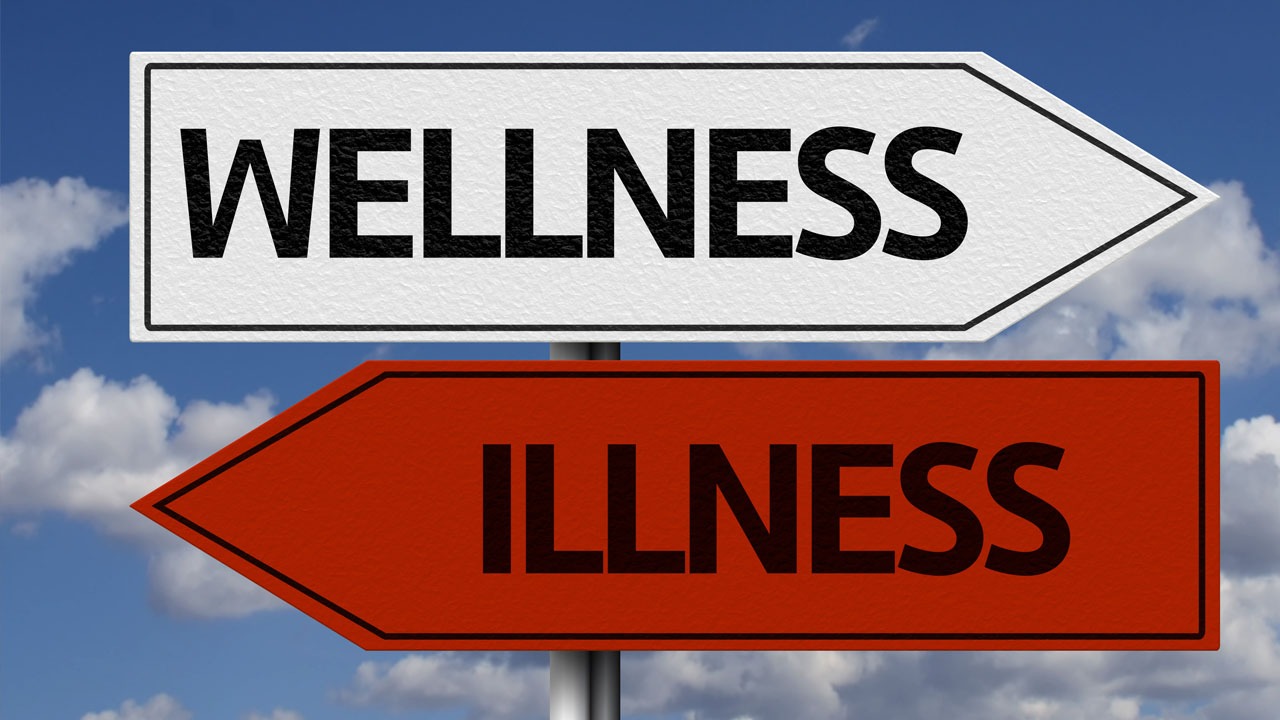
Understanding the Sleep Struggle: It’s More Common Than You Think
Have you ever found yourself staring at the ceiling, counting sheep in vain as sleep eludes you? You’re not alone. Millions of people face similar battles with insomnia each night, and it’s often rooted in our hectic lifestyles. As the fast pace of modern life dominates our routines, the factors affecting our sleep are often compounded by stress and anxiety. A key takeaway here is acknowledging that healthy sleep can’t be forced; rather, it is nurtured through practices like meditation, mindfulness, and self-compassion.
The Mindfulness Connection
Did you know that practicing mindfulness can greatly enhance your ability to achieve restful sleep? By cultivating an awareness of the present moment, you can create a mental space that allows your mind to unwind before bed. Studies have shown that mindfulness can reduce feelings of anxiety, which often contribute to insomnia. Simple practices like guided meditation or deep-breathing exercises can help ease your thoughts and promote a state of calmness, preparing your body for sleep.
Four Essential Sleep Routine Questions
To further help improve your sleep, consider these four questions as a reflective exercise:
- What does your pre-bedtime routine look like? This could involve adjusting factors like screen time and reading a soothing book instead of scrolling through social media.
- Is it time to see a doctor? Depending on your sleep disruption, sometimes a medical consultation is necessary to rule out sleep disorders.
- Are habits outside of sleep affecting you? Acknowledge how stress management, exercise, and consumption of caffeine or alcohol play roles in your overall sleep quality.
- Are you trying too hard to sleep? When we strive to fall asleep, we often create anxiety and stress. Practicing non-striving and allowing your body to relax can often work wonders.
The Power of Self-Compassion
Self-compassion is an integral part of the sleep equation. Just as we would comfort a friend grappling with sleeplessness, we need to extend the same kindness to ourselves. Simple affirmations such as, 'My trouble falling asleep is a moment of suffering,' can cultivate a sense of ease. By formally acknowledging your difficulties instead of dismissing them, you foster a nurturing environment conducive to restful sleep.
Practical Tips for Better Sleep
Implement these actionable insights:
- Create a sleep sanctuary: Make your bedroom a retreat that promotes ease. Keep it dark, cool, and quiet.
- Establish a routine: Consistency is key. Try to go to bed and wake up at the same time every day.
- Limit stimulants in the afternoon: Replace that afternoon coffee with herbal tea and observe how your body's response changes.
- Incorporate mindfulness meditation: Even just thirty minutes of mindfulness practice can lower anxiety and help you manage stress.
Future Sleep Trends: What to Expect
As we move forward into an era driven by technology, the impact on sleep is likely to evolve. We may see an increase in sleep tech—like apps and wearable devices that promote better sleep by tracking our habits. However, relying solely on technology without considering the human aspect may not provide the full solution. The future will likely require a blend of tech and timeless practices such as meditation and self-care to fully address modern sleep challenges.
Your Path to Restful Sleep Starts Today!
While the journey to better sleep may require effort and awareness, incorporating mindfulness and practicing self-compassion can make a remarkable difference. Consider making these small changes today to set yourself up for restful, healthy nights ahead.
 Add Row
Add Row  Add
Add 




 Add Row
Add Row  Add
Add 

Write A Comment